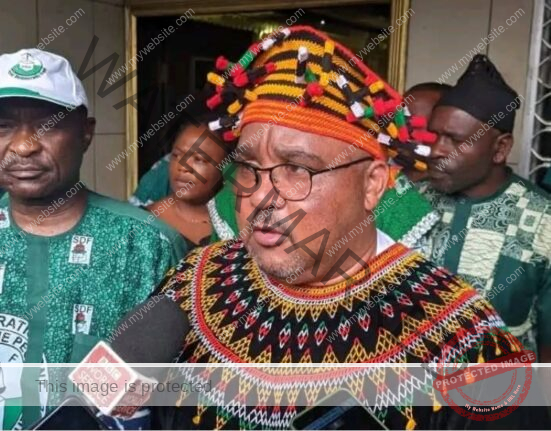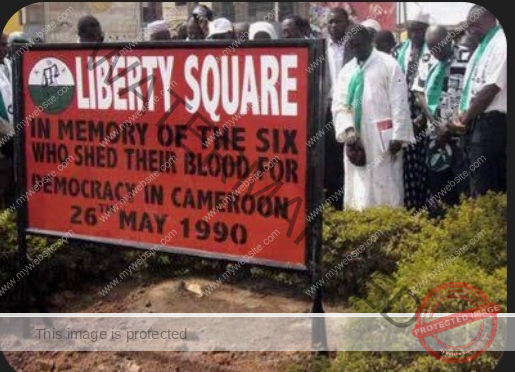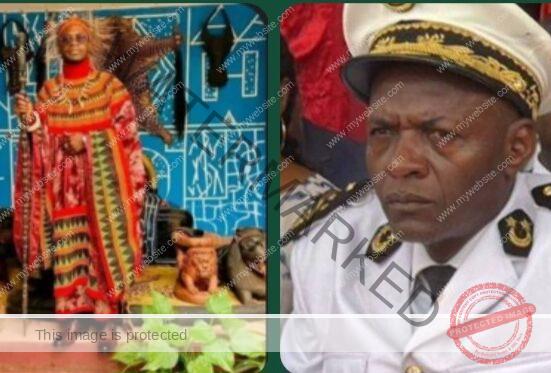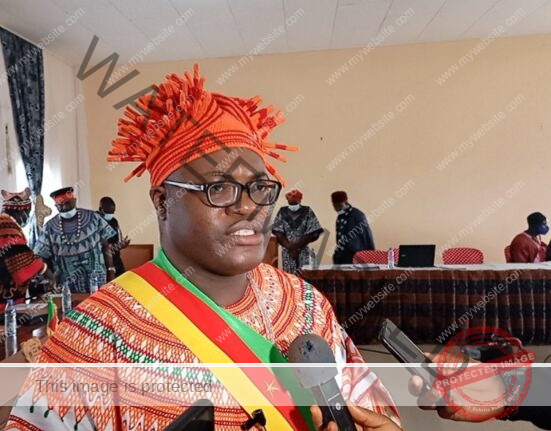Letter to the Editor
Subject; Why Some Southern Cameroonians Struggle to Recognize the Illegal Annexation of Their Nation
Sir,
The question of why some Southern Cameroonians find it difficult to accept that their nation is illegally occupied and annexed by the Republic of Cameroon deserves sober reflection. This difficulty is not the result of ignorance of history, but the product of decades of manipulation, suppression, and fear.
A Broken Promise of Independence
In 1961, under United Nations Resolution 1608, the British Southern Cameroons was to achieve independence. Instead of being granted full sovereignty, our people were compelled into a plebiscite offering only two choices: “to gain independence by joining” Nigeria or the Republic of Cameroon. Crucially, no treaty of union was ever signed between Southern Cameroons and Cameroon, leaving the so-called “union” without any legal foundation in international law.
The Power of Propaganda
For more than six decades, Cameroon has imposed a false narrative that “reunification” occurred. School curricula, state media, and political discourse have all repeated this distortion, presenting annexation as legitimate history. Generations of Southern Cameroonians have been raised under this falsehood, unaware that their own sovereignty was denied.
Internalised Colonisation and Fear
When a people are told repeatedly that they are “one and indivisible” with a neighbour, many internalise this message. Some Southern Cameroonians now see themselves primarily as Cameroonians, forgetting that their territory once had its own government, legal system, and institutions. At the same time, fear of repression has silenced many voices. To speak of annexation is branded “secessionist” or “terrorist,” leaving citizens afraid to question the official version of events.
Divide and Silence
The Republic of Cameroon has perfected the art of divide and rule—pitting Northwest against Southwest, elites against grassroots, diaspora against homeland. Meanwhile, the silence of the international community has allowed illegality to masquerade as legitimacy. Many ordinary Southern Cameroonians, seeing no global response, conclude mistakenly that Cameroon’s occupation is lawful.
The Path Forward
It must be emphasised that legality is not determined by propaganda, repression, or silence. In international law, sovereignty derives from the will of a people and binding agreements. Southern Cameroons never entered into a binding treaty with Cameroon. This means the annexation remains unlawful, no matter how much time has passed.
The challenge, therefore, is not whether Southern Cameroons is occupied—it clearly is—but whether Southern Cameroonians can overcome decades of manipulation to reclaim their understanding of history and their rightful place among the nations of the world.
Respectfully,
Johnson Fonwi




















Leave feedback about this